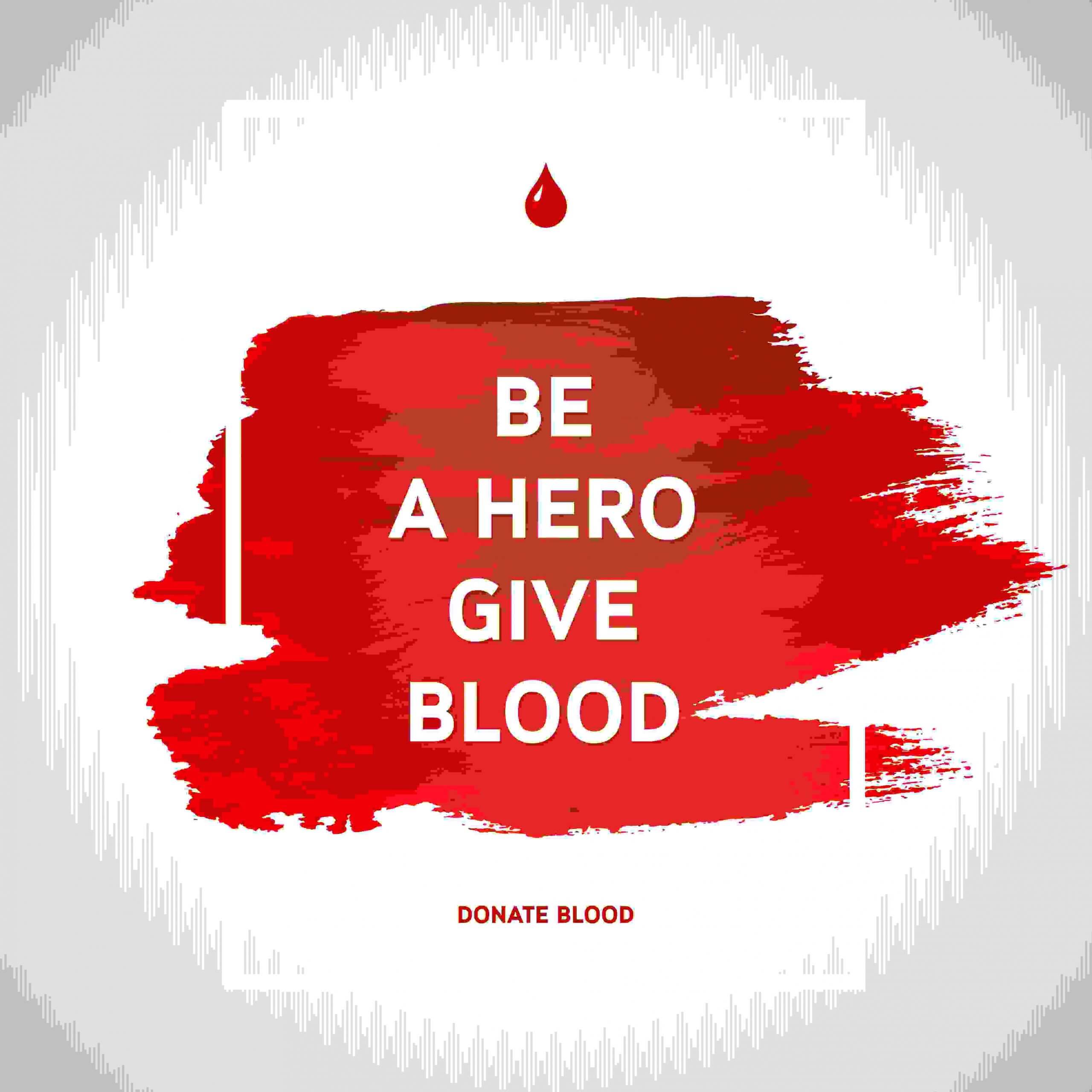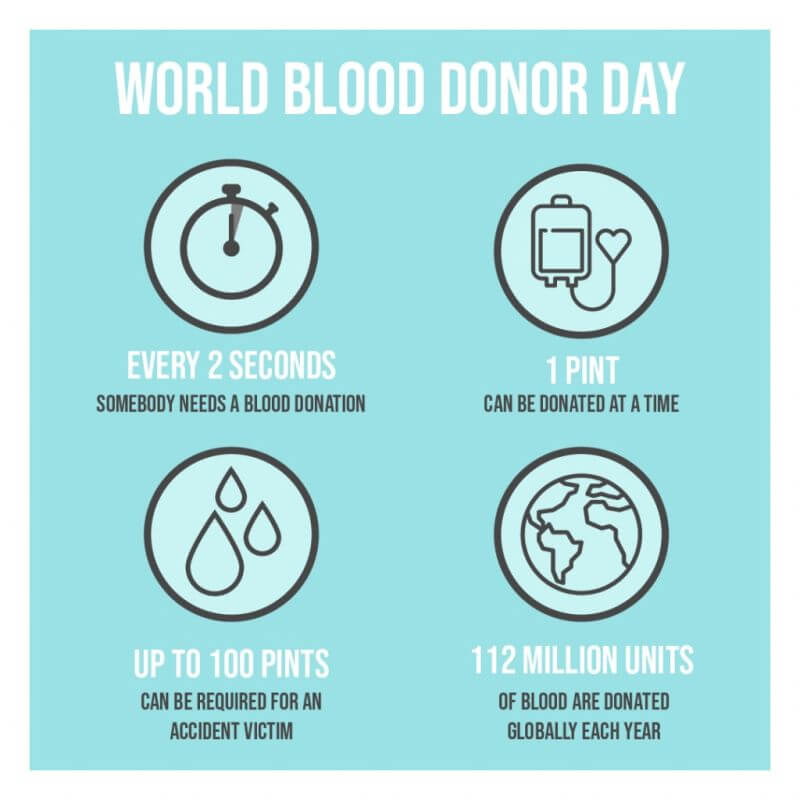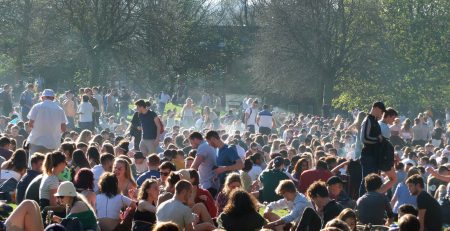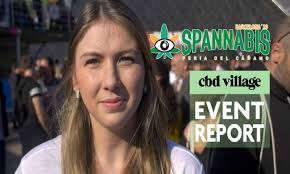World Blood Donor Day
World Blood Donor Day
The UN World Health Organisation organise this day every year, to promote and encourage blood donation and to celebrate those who already donate. Blood donors save millions of lives every year. It is estimated that every two seconds someone, somewhere, needs blood. With one blood transfusion, three people can potentially be saved.
Voluntary, unpaid donors are those who go voluntarily to blood donation clinics and are the backbone of blood transfusion services in most areas. Other methods of obtaining blood are using the family members of those injured or paid donors. Certain groups of people are unsuitable for donating blood, and many are worried that if they use CBD oil they may not be eligible.
A Short History Of World Blood Donor Day
Blood transfusions have been going on since the mid-1600s. Although not much was known about the circulatory system, many doctors experimented with animals and humans. Richard Lower was the first doctor to pioneer blood transfusions from animal to human in 1665. Three years later Arthur Coga in England who suffered from mental illness or a harmless form of insanity was given lamb blood to quiet his tempestuous spirit and was paid 20 shillings ( £158 in today terms). Others experimented with switching blood between dogs and other animals.
Debates began amongst the educated elites across Europe about the ethics of transfusion between animals and humans. Eventually, the Catholic Church condemned and banned the procedure. The British and French Royal Societies did the same and for 150 years, blood transfusions fell into obscurity.
In the 1800s, the science then advanced a little, and distinct blood types have been discovered. Around 1901, the three major human blood groups were discovered in Austria. During the two World Wars, millions of lives were saved by transfusions. Around the start of the century, non-direct transfusions became possible, so the donor did not have to be present at the moment of emergency.
In recent decades, the separating and preserving of blood means that the patient can now be given only the components they need plasma or red blood cells and matched to a relevant blood type. Weve come a long way from draining a lamb into unfortunate Arthur Coga, but more donors are always needed!
Why We Need More Blood Donors
In many countries, voluntary unpaid donors contribute nearly 100% of blood needed. In many more, however, less than half comes from volunteers, so valuable Health Service funds are diverted to paying donors, while many families have to donate blood for their loved ones in an emergency.
The problem with this is that in some cases, an accident victim may need up to 100 pints of blood. It is only safe to donate around one pint at a time, so it can be seen how no family would be large enough to fill this order, even assuming all were of the same blood type! Another issue is that many of the countries that are short of donated blood do not have the funds to buy as much as is needed.
Can I Donate Blood If I Use CBD Oil?
It is known that many illicit drug users are not permitted to donate blood. This makes sense for those who inject or otherwise expose themselves to blood infection. It is estimated that only 38% of the population are allowed to donate, so CBD users often worry about whether they will be eligible.
If you use CBD but dont fulfil any of the disqualifying criteria listed below, you will be eligible to donate:
- Testing positive for a blood infection HIV, Hepatitis
- Being in prison
- Serving in the military in Iraq or Afghanistan in the last year
- Weighing less than 110 pounds
- Having a piercing with a non-sterile needle in the last year
- Low levels of iron in the blood (anaemia)
- Suffering from cancer in the last five years
- Having malaria in the last year
- Currently being on antibiotics
- Recent pregnancy or childbirth
- Suffering from the flu
Donating Blood & CBD Oil
As long as none of the above applies, any user of CBD can donate blood, and make a difference! The Red Cross does not disqualify those who use alcohol or marijuana but ensure to check with your local organisation.






